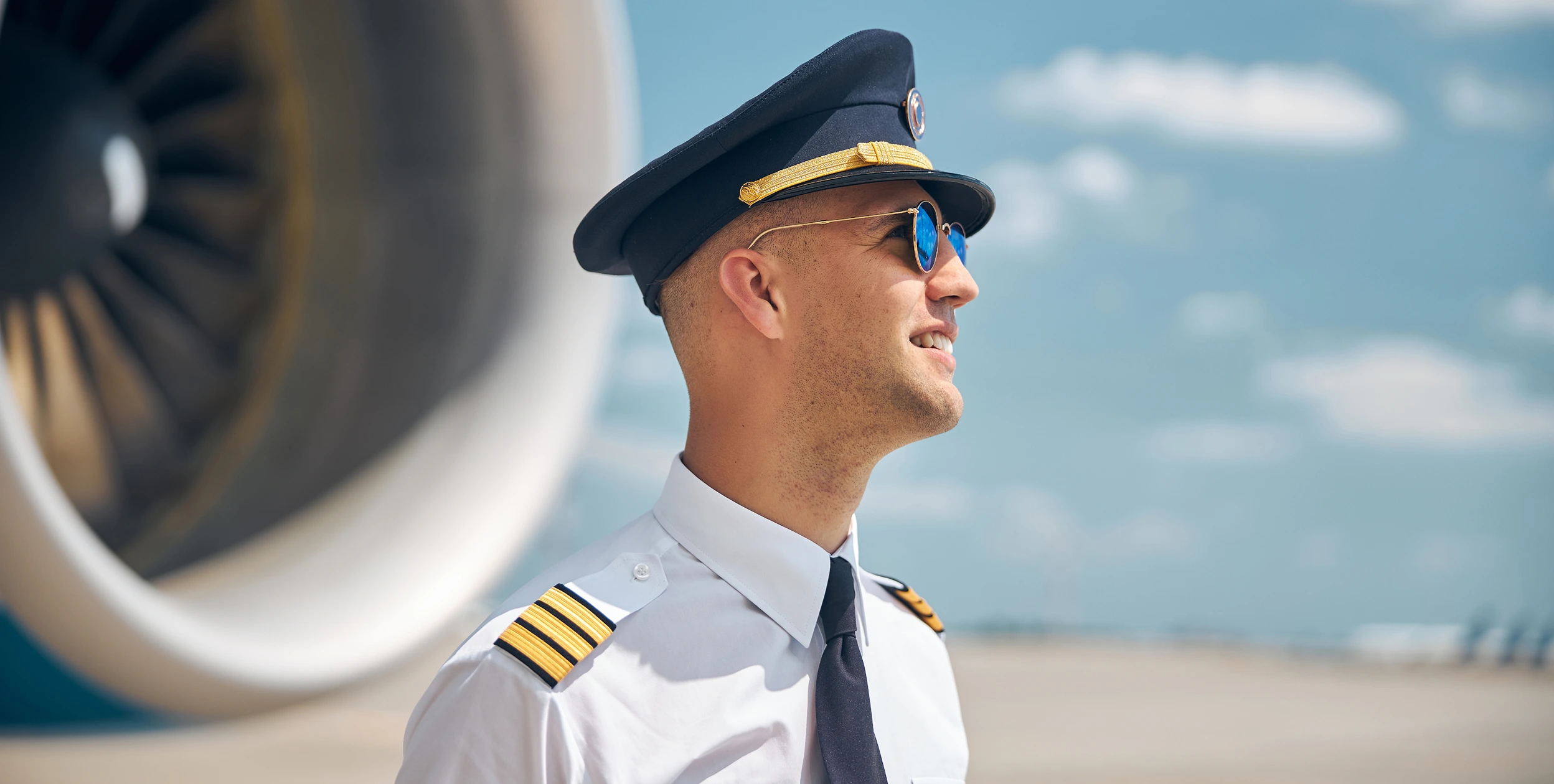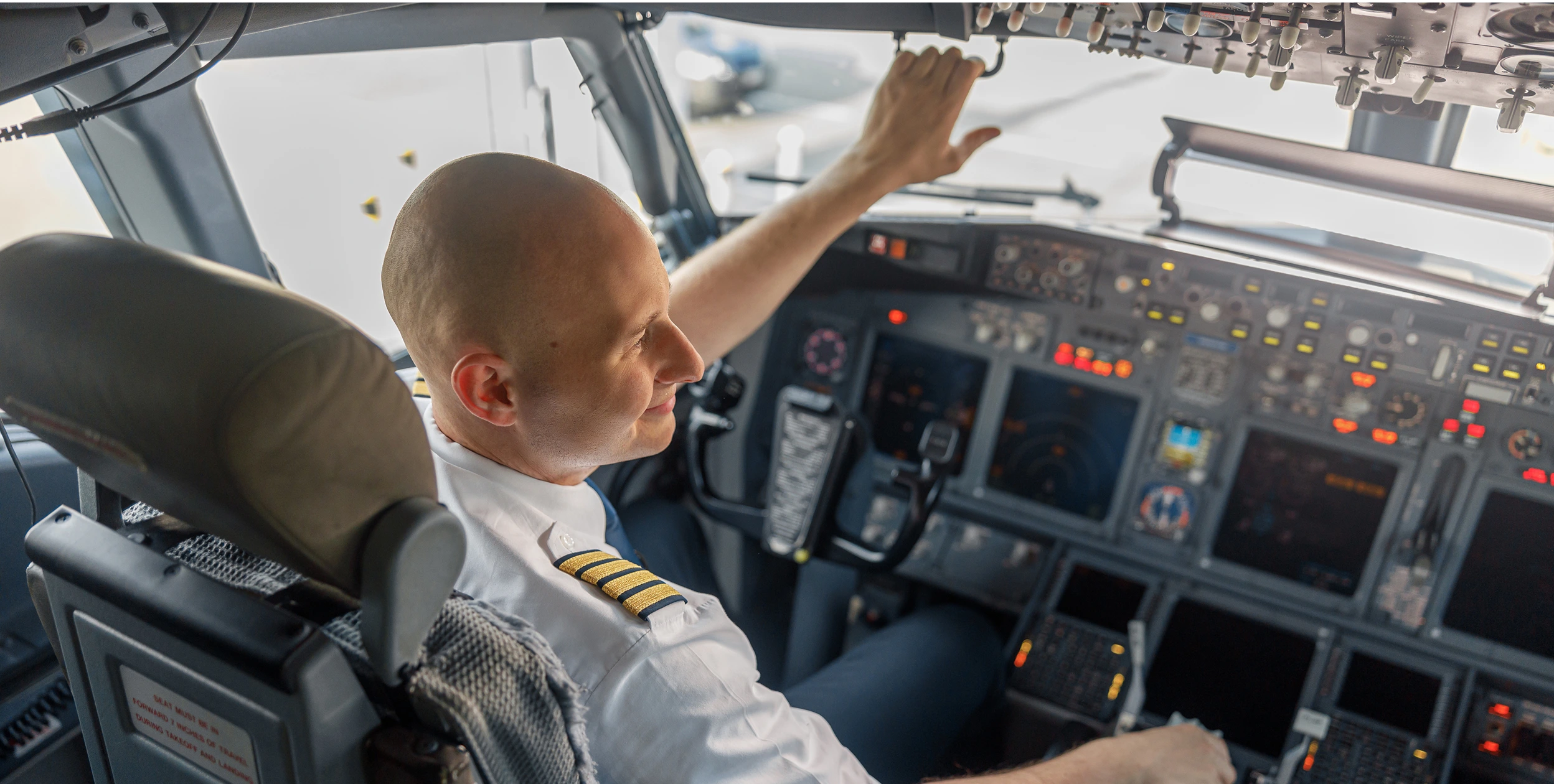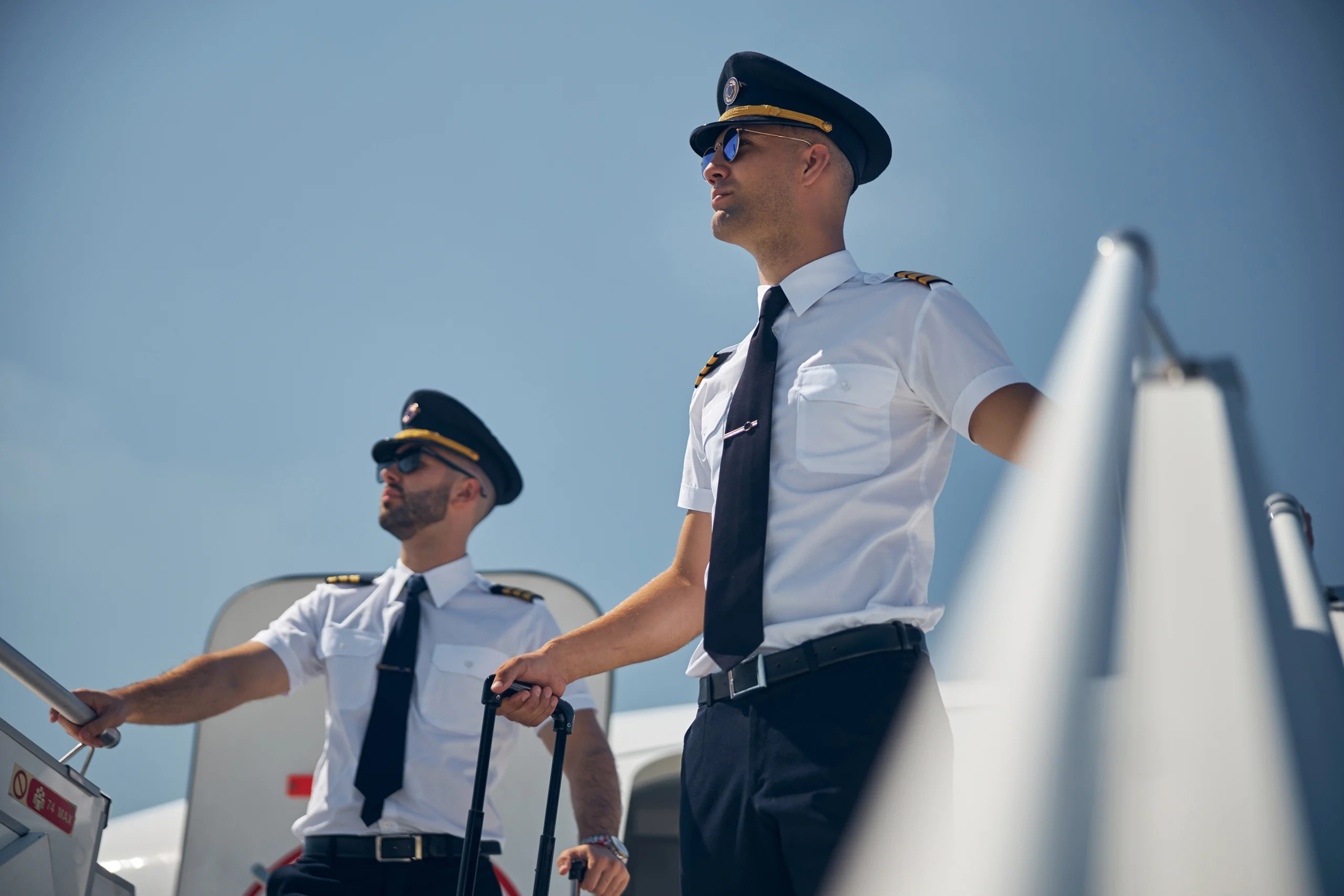To obtain your Airbus A320 Type Rating, it’s not just about simulator hours and theoretical knowledge. You’ll also need to prove that your health meets commercial aviation standards. In this guide, we’ll cover the official medical requirements, common tests you’ll face, and practical tips to help you pass them smoothly.
To qualify for the Airbus A320 Type Rating, one essential requirement is holding a valid Class 1 Medical Certificate. This certificate confirms that the pilot meets the medical standards necessary to operate multi-crew commercial aircraft like the Airbus A320.
Which Authorities Require a Class 1 Medical Certificate?
The world’s leading aviation authorities require this certificate to authorize the operation of commercial aircraft:
The Airbus A320 Type Rating cannot be issued or renewed if the Class 1 Medical Certificate has expired. This means that even if a pilot has successfully completed both the theoretical and practical training, they will not be allowed to operate the A320 without a valid medical certificate.
Recommendation for Pilots
If you’re planning to begin your training for the Airbus A320 Type Rating, make sure your Class 1 Medical Certificate remains valid throughout the entire process. This will help you avoid delays and ensure you can complete your training without any setbacks.
To obtain or renew a Class 1 Medical Certificate, essential for the Airbus A320 Type Rating, pilots must undergo a series of medical examinations at an authorized Aeromedical Center (AMC). These checks ensure the pilot meets the health standards set by aviation authorities such as EASA, FAA, or DGAC.
The medical assessment covers several key areas of a pilot’s health:

While many pilots meet the standard medical requirements for obtaining a Class 1 Medical Certificate, certain health conditions, though not automatically disqualifying, require further medical evaluation to determine a pilot’s fitness. This is especially important for those pursuing the Airbus A320 Type Rating, as all medical conditions must be well-managed and properly documented.

Maintaining a valid Class 1 Medical Certificate is essential to keep your Airbus A320 Type Rating active and continue flying without interruptions. Aeromedical certification isn’t just a one-time check, it involves ongoing medical monitoring to ensure long-term operational safety.
Schedule Your Renewal in Advance: The certificate is valid for 12 months if you’re under 40, and 6 months if you’re 40 or older. To avoid expiration, it’s recommended to schedule your renewal at least 45 days in advance. This gives you enough time to resolve any issues that may arise.
Report Any Health Changes: If you’ve experienced any injury, illness, or medical procedure since your last exam, you must provide updated reports from the relevant specialists during your renewal. This allows the aviation medical examiner to confirm you’re still fit to fly safely.
Notify Relevant Medical Conditions: Under European regulations (Part-MED AMC I MED.A.020), you’re required to inform your Aviation Authority if you develop any medical condition that could impact flight safety. This includes physical or mental illnesses, use of incompatible medications, or any significant change in your health status.
Passing the Class 1 Medical Exam smoothly is essential for progressing in your Airbus A320 pilot training. While many test results depend on your general health, there are several steps you can take to prepare and avoid results being affected by external factors:
The Class 1 Medical Exam required to obtain or renew the Airbus A320 Type Rating, varies in cost and duration depending on the region and whether it’s an initial assessment or a renewal.
Europe: The initial medical exam typically costs between €200 and €350, depending on the country and the aeromedical center. Renewals are more affordable, averaging around €150.
Latin America: Prices range from $120 to $250 USD, with variations based on the country and whether it’s an initial evaluation or a renewal.
Initial Evaluation: Usually takes 3 to 4 hours, as it includes a full check-up with all required medical tests.
Renewal: Faster, typically lasting 1.5 to 2 hours, provided there are no new medical conditions that require further evaluation.

Receiving a “not fit” result in your Class 1 Medical Exam can be stressful, especially if you’re in the process of obtaining your A320 Type Rating. However, it doesn’t always mean the end of your journey. There are several possible outcomes and alternatives that allow you to continue after an initial unfavorable evaluation.
The most important step is to work closely with your AME (Aero Medical Examiner) and the relevant medical specialists. They will guide you through the necessary steps to resolve any issues and help you meet the medical requirements to fly the A320 again.
With a valid Class 1 Medical Certificate and a proactive approach to your health, there will be no medical barriers to obtaining your Airbus A320 Type Rating. Schedule your medical check-ups in advance, gather all necessary clinical documentation, and maintain healthy habits—your future in the cockpit depends as much on your physical condition as on your flying skills.
At Global Training Aviation, we support you every step of the way in earning your Type Rating. Our team is committed to your comprehensive pilot training, which includes helping you understand and meet all the medical requirements needed to fly safely and confidently.